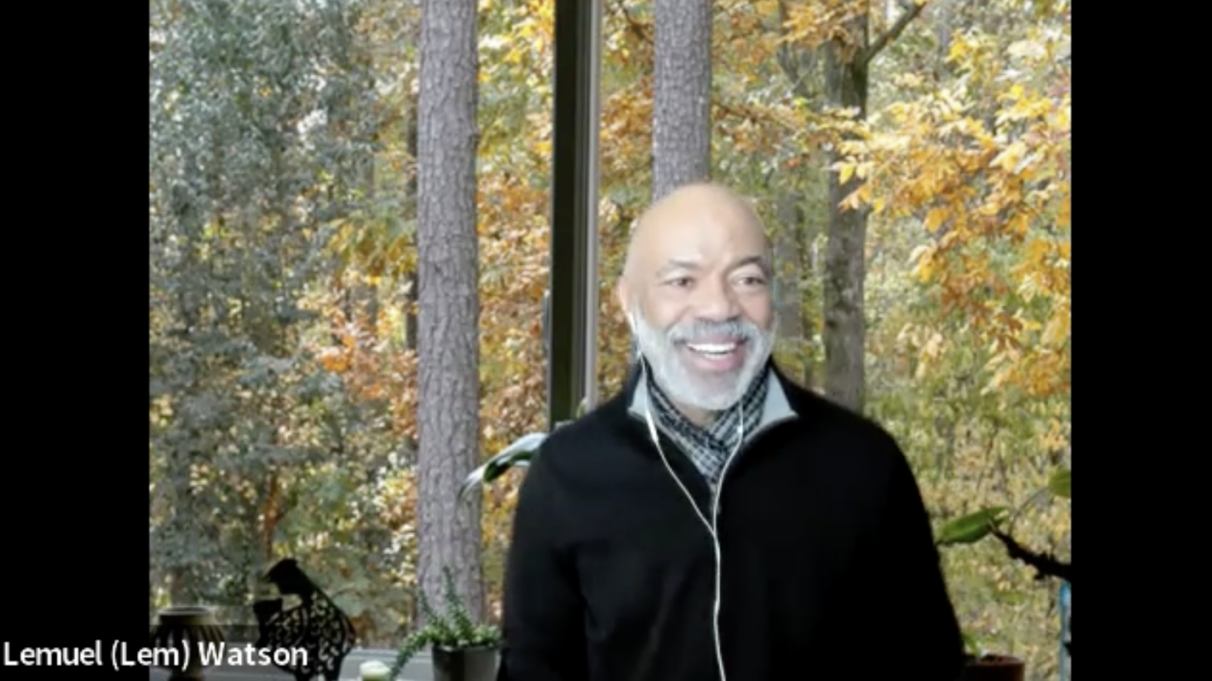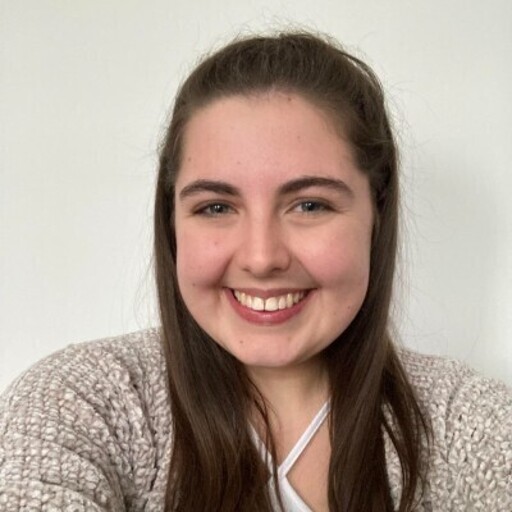Professor challenges academics to imagine hopeful futures in online series
More than 100 students were drawn to hear from solutions-focused scholars over Zoom

caption
Gabrielle Donnelly authored the Handbook for Creative Futures, coordinating international contributors.When Acadia professor Gabrielle Donnelly and co-author Alfonso Montuori released a handbook for students and scholars last year, they asked a fundamental question: how can young scholars hold a realistic view of the world’s challenges while also taking action toward a desirable future?
Since the publication of Routledge’s Handbook for Creative Futures in December 2022, Donnelly and Montuori have gathered the handbook’s contributors and groups of students in a Zoom series to discuss what an educated and resilient sense of hope for the future can look like in today’s university classrooms.
“We need to be cultivating and building that muscle of being able to think around adjacent possibilities,” says Donnelly, a Haligonian and professor of community development at Acadia University.
The series has featured 20 author conversations and drawn in more than 100 students to hear from the handbook’s 52 contributors, who are social practitioners in their own right. Beyond academia, they work as poets, curators, lawyers, secretary generals and filmmakers.
They have worked and studied alongside contemporary movements for change, like the Fridays for Futures strikes, the push for universal income and the organization of Amazon workers against unsafe working conditions.
The most recent Zoom conversation took place on Wednesday, featuring three experts on generative mindfulness and action-based research. The academics Kathryn Goldman Schuyler, Patricia Wilson and Lemuel Watson spoke on how they bring action-based research to their institutions.
Watson, for one, leads the anti-racist agenda at Indiana University. He is presently engaged in transforming policies to create an open and supportive environment for students.

caption
Watson addresses the group over during Wednesday’s conversationSolutions skeptics
“I did that in the way that I thought was necessary, which was to meet people where they are,” said Watson of his work. “People may say that this work of social intelligence is floppy, I say it is just as essential as someone who needs to have skills to balance the budget.”
The three academics agreed little academic legitimacy is given to solutions-based work.
“It’s been a challenge in academic settings to bring in the subjective dimensions of making a difference,” says Wilson, an expert in leading awareness-based change.
[The series] builds a sense of movement, that we’re not alone in this desire and practice and awareness of bringing the heart into our work,” she explained. “Even though the rewards out there in academic work are for the analytical, the person who gets the credit and the big name.”
One participant, spoke up in Wednesday’s Zoom meet to say how the gatherings have inspired her to use her medium of choice, dance, to build social solutions despite academic skepticism.
Donnelly and Montuori say a skepticism of solutions-focused academia is common among some professors despite the sense of relief it often brings to students and other academics.
“It’s common in intellectual circles and academic spaces to really nitpick apart problems, leaving solutions to practitioners,” said Donnelly. “And we’re saying no, we actually are invested in all of that.”
“People can be fundamentally creative,” elaborates Montuori. In his work designing curriculum at the California Institute of Integral Studies, he emphasizes that generating ideas in social fields should be just as valued as offering critiques.
Donnelly has brought this ethos of alternate and desirable futures to the Halifax community. She facilitated a transformative scenario planning process with the Halifax Regional Municipality’s environment and climate change team, asking each group to conceive of a different future for the city ranging from worst to best scenario. Asking a fraction of the group who are responsible for the implementation of the HalifACT plan to suspend its cynicism is what ultimately led to the most creative adaptations, she said.
In running the creative futures series, Donnelly isn’t asking for a permanent suspension of cynicism.
“I felt like it was so important that people anywhere on the spectrum of cynicism or optimism could recognize that there are so many reasons why it feels dire to face reality,” she said “But at the same time, we as human beings have a responsibility to build our capacity and think in wildly imaginative and beautiful ways about what our future and present could be and to somehow find that.”
Montuori and Gabrielle will continue building on this series, and the movement toward solutions-based academia.
“The other day I was thinking, oh gosh, we should just invest in some good podcast equipment,” Donnelly said to Montuori’s laughter.
About the author

Jacqueline Newsome
Jacqueline is a proud King's Master's student from Toronto who loves to write about matters of public safety.